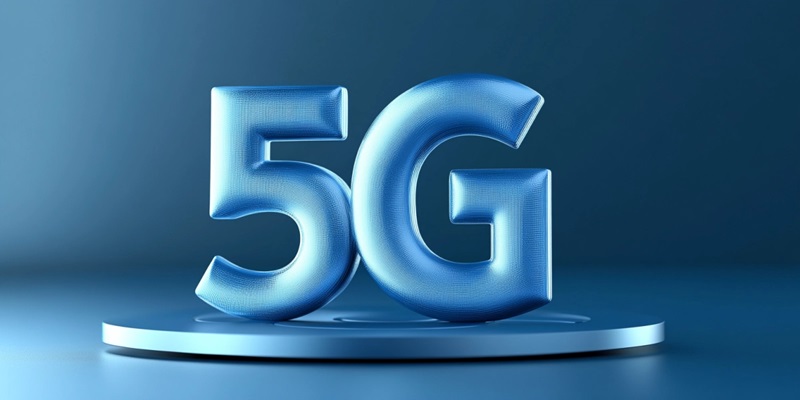In a significant milestone for 5G technology, O2 Telefonica, in collaboration with Nokia, has successfully demonstrated download speeds exceeding an impressive 1.7 Gbps. The trial was held at the Innovation Cluster in Potsdam and achieved these speeds by bundling four frequency bands through a method known as carrier aggregation. This remarkable feat points to a promising future for both telecom consumers and the broader economy.
Breakthrough Made Possible by Carrier Aggregation
The successful 5G trial by O2 Telefonica utilized carrier aggregation to combine multiple frequency bands, including the 3.6 GHz and 700 MHz bands used for 5G, and the 1800 MHz and 2.1 GHz bands traditionally employed for 4G. By amalgamating these frequencies, the trial achieved unprecedented speeds, marking a substantial advancement in 5G technology. Matthias Sauder, O2 Telefonica’s director of networks, emphasized the strategic importance of this development for both consumers and the economy. Such advancements not only enhance user experience but also drive economic growth by facilitating more efficient digital services.
Extensive 5G Coverage and Future Plans
O2 Telefonica’s current 5G service already covers more than 96% of the German population, demonstrating the company’s commitment to broadening network accessibility. In October 2023, the company launched its 5G Standalone (SA) network, branded as 5G Plus, and is actively replacing its Non-Standalone (NSA) services with this more advanced version. The positive outcomes of the trial underscore the potential of 5G technology, although deploying this capability in real-world environments will require substantial infrastructure improvements. These efforts are crucial for ensuring that the network can sustain high-speed data transfers across various regions.
Industry Implications and Future Outlook
The success of the trial underscores the importance of partnerships between telecommunications operators and technology innovators, like the fruitful collaboration between O2 Telefonica and Nokia. It also highlights the ongoing shift from NSA to SA 5G networks, which provide better performance and reliability. As the demand for higher data speeds continues to grow, there is a clear need for continuous infrastructure enhancement. This is essential to meeting the ever-increasing expectations of consumers and businesses alike. The rapid expansion and high-speed capabilities of 5G technology are anticipated to have far-reaching implications, improving connectivity and enabling advanced digital solutions.
Conclusion
In a groundbreaking achievement for 5G technology, O2 Telefonica, in collaboration with Nokia, has managed to demonstrate download speeds surpassing 1.7 Gbps. This significant trial took place at the Innovation Cluster in Potsdam, showcasing the capabilities of future wireless connectivity. The remarkable speeds were accomplished by bundling four frequency bands using a technique called carrier aggregation.
This achievement highlights the potential of 5G to revolutionize telecommunications. Faster download speeds mean quicker access to high-quality streaming services, smoother video conferencing, and more efficient data management for businesses. Enhanced connectivity paves the way for advancements in smart cities, telehealth, and autonomous vehicles, promising substantial economic growth.
Moreover, O2 Telefonica and Nokia’s collaborative effort signals a strong partnership in pushing the boundaries of mobile technology. Such milestones not only benefit telecom consumers, who will experience significantly better service, but also hint at broader implications for the global economy through improved infrastructure and innovative opportunities.

